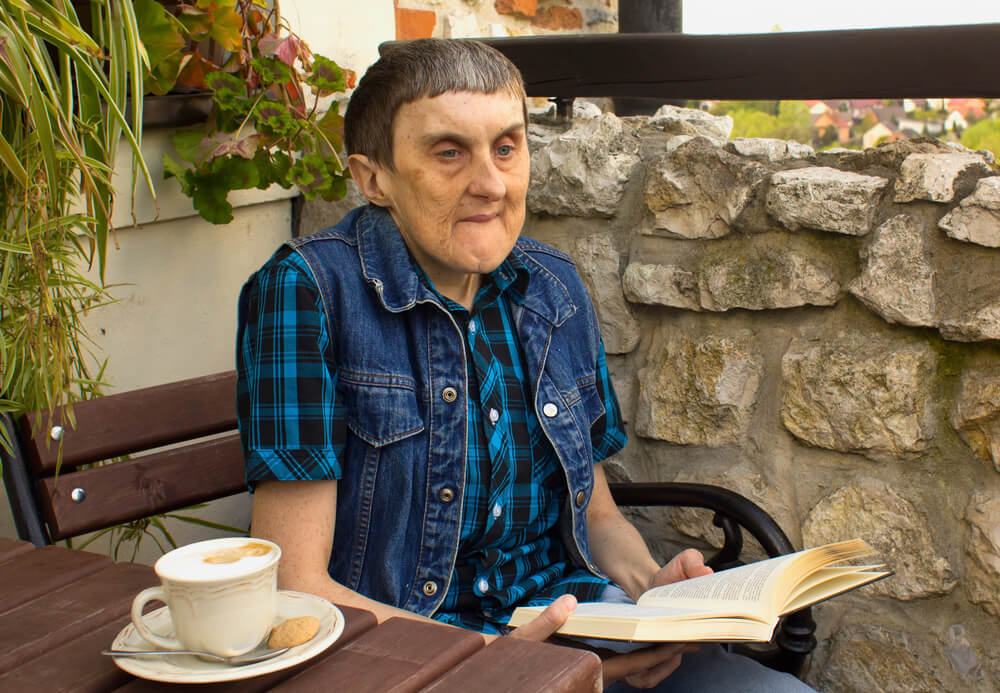Across the country, a basic legal right is being denied — not by statute, but by assumption.
People with autism, cerebral palsy, or other cognitive and developmental disabilities are often presumed incapable of making a Will. These assumptions don’t come from the courts. They come from the professionals who are supposed to help: lawyers, advisors, institutions, families.
And they’re wrong. Because under Canadian law, a diagnosis is not disqualification.
The legal test for testamentary capacity is rooted in a 150-year-old precedent — Banks v. Goodfellow — and it continues to affirm something too many have forgotten: understanding and intention matter more than labels.
John Banks, the man behind that case, was a wealthy Englishman with a history of mental illness. He believed he was pursued by evil spirits. In 1870, he wrote a Will leaving his estate to his niece. A distant cousin challenged the Will, arguing he lacked the mental capacity to make it.
The court disagreed.
It found that Banks, despite his illness, understood what a Will was. He knew what he owned. He knew who might expect to inherit. And he made a conscious, rational choice. His delusions didn’t affect that decision — and so the Will stood.
That case still governs Canadian law on capacity today.
A person is capable of making a Will if, at the time of signing, they understand what a Will is and what it does. They must also have a general understanding of what they own and who might reasonably expect to benefit from their estate. Most importantly, they must not be under the influence of a delusion or mental illness that directly affects their decisions.
It’s a flexible, human test. It doesn’t require legal fluency or mathematical precision. It requires comprehension and a free, rational intention. And yet many individuals with disabilities are turned away before they even get the chance to demonstrate that understanding.
The problem lies not in the law but in how it’s applied.
Too often, professionals mistake difference for deficiency. They see a diagnosis, or an unconventional way of communicating, and assume the person isn’t capable. A non-verbal adult using a speech-generating device. A person with cerebral palsy who types slowly but thinks clearly. These are individuals who may meet all the legal requirements — but who are often excluded based on how they present.
That’s not caution. That’s bias.
The role of legal professionals isn’t to screen people out. It’s to meet them where they are. That might mean slowing the pace, using visual explanations, involving trusted support people or arranging a formal capacity assessment.
These aren’t barriers — they’re tools to ensure inclusion.
It’s also worth noting that not everyone with capacity needs a Will. If a person holds all of their assets jointly, or through beneficiary designations such as RRSPs, pensions or life insurance policies, those assets may pass outside the Will altogether. In some cases, letting the default rules of intestacy apply may be entirely appropriate — so long as the person understands the implications and makes that choice freely.
At its core, a Will is about more than property. It’s about autonomy. It’s about being heard. It’s about leaving a mark.
And that power belongs to anyone who meets the legal test — regardless of diagnosis, disability or how they communicate.
In a country that prides itself on inclusion and human dignity, it’s time we started acting on it. The law already does. Now it’s our turn.
Photo courtesy of DepositPhotos




